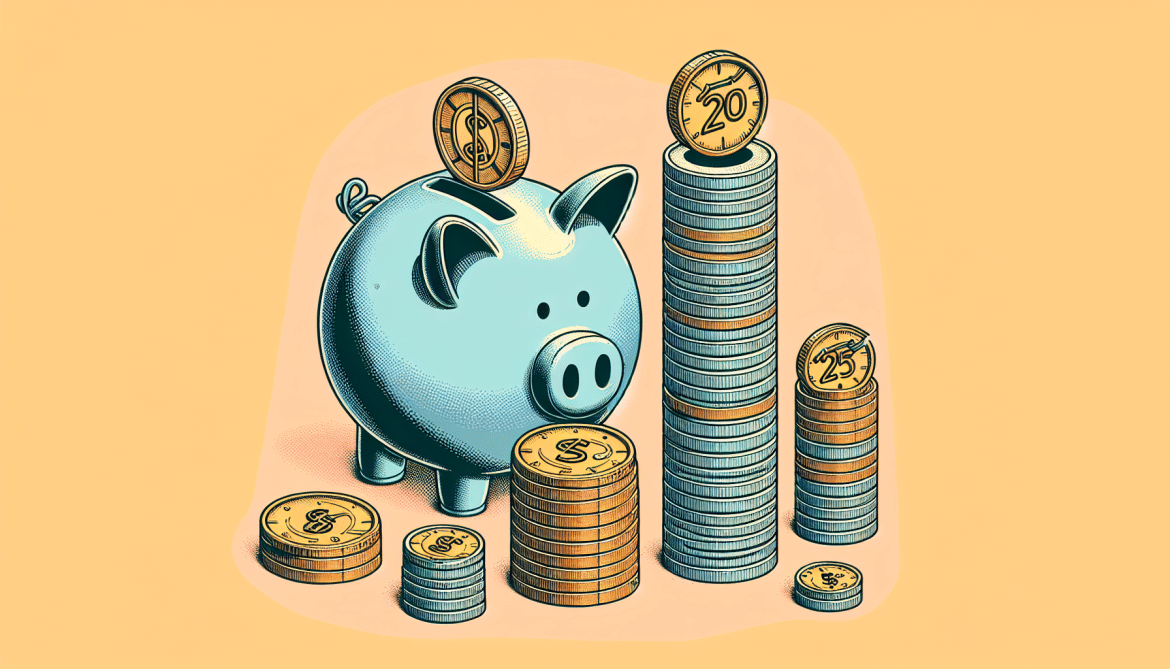Imagine having a clear path towards achieving your financial goals, with each step carefully planned and executed. That's exactly what budgeting can do for you. It serves as your personal road map, guiding you towards your desired financial destination. By setting clear financial goals using the SMART Goal Method and understanding your expenses, you can effectively allocate your money to different categories. Whether you prefer a zero-based budget or cash envelopes, finding a budgeting system that works for you is crucial. Additionally, paying yourself first and creating a miscellaneous category in your budget are important practices that can lead to financial success. Regular check-ins and adjustments will ensure that you stay on track and eventually achieve your goals. By implementing budgeting best practices, you will not only be able to pay off debt and control spending but also save more for the future.
The Importance of Budgeting for Achieving Financial Goals
Budgeting is an essential tool when it comes to achieving your financial goals. It can be compared to a road map that guides you towards your desired destination. Just as a road map helps you navigate and make decisions on which route to take, budgeting helps you make informed decisions about your finances.
Comparing Budgeting to a Road Map to Your Goals
Think of budgeting as the GPS for your financial journey. Without a budget, it's like driving blindly without knowing where you're headed or how to get there. A budget provides a clear picture of your income, expenses, and savings, allowing you to plan and prioritize your financial decisions.
When you have a budget in place, you can easily track your income and allocate it towards different categories. It gives you a sense of control and enables you to make conscious choices about your spending habits. With a budget as your guide, you can stay on track and ensure that your financial actions align with your long-term goals.
Setting Clear Financial Goals Using the SMART Goal Method
In order to effectively budget for your financial goals, it's important to set clear objectives. This is where the SMART Goal Method comes into play. SMART stands for Specific, Measurable, Achievable, Relevant, and Time-bound. When setting your financial goals, make sure they meet these criteria.
For example, instead of a general goal like "save money," a SMART goal would be "save $5,000 for a down payment on a house within the next two years." This goal is specific, measurable, achievable, relevant, and has a clear timeframe. Setting SMART goals helps you clarify your objectives and gives you a clear target to aim for in your budgeting efforts.

This image is property of images.unsplash.com.
Analyzing Spending by Knowing Variable and Non-Variable Expenses
Once you have set your financial goals, it's important to analyze your spending habits. This involves distinguishing between variable and non-variable expenses. Variable expenses are those that can fluctuate from month to month, such as groceries, dining out, or entertainment. Non-variable expenses are fixed costs that remain the same each month, such as rent, mortgage payments, or insurance premiums.
By identifying your variable and non-variable expenses, you can allocate your income accordingly. This allows you to prioritize and make necessary adjustments to your spending habits. For example, if you notice that you're spending more on dining out than you should be, you can allocate more funds towards your savings or debt repayment goals.
Finding a Budgeting System That Works for You
There isn't a one-size-fits-all solution when it comes to budgeting. The key is to find a budgeting system that works best for your lifestyle and financial circumstances. There are several popular budgeting methods to choose from, such as the zero-based budget or the cash envelope system.
The zero-based budgeting method involves allocating every dollar of income towards a specific category, leaving no room for unmanaged spending. This method ensures that every dollar has a purpose and helps you prioritize your financial goals.
On the other hand, the cash envelope system involves allocating a certain amount of cash to different categories, such as groceries, entertainment, or transportation. Once the cash in a particular envelope is exhausted, you know that you've reached your spending limit for that category.
Experiment with different budgeting systems until you find one that resonates with you. Remember, the most effective budgeting system is one that you can stick to consistently.

This image is property of images.unsplash.com.
Paying Yourself First and Creating a Miscellaneous Category
When it comes to budgeting, it's important to prioritize yourself. Paying yourself first means allocating a portion of your income towards savings and investments before spending on other expenses. This ensures that you build a strong financial foundation and work towards your long-term goals.
Additionally, creating a miscellaneous category in your budget allows for unexpected expenses or discretionary spending. It's important to have some flexibility in your budget to account for unplanned events or indulgences. By allocating a set amount to the miscellaneous category, you can enjoy some discretionary spending without derailing your overall financial plan.
Regular Check-ins and Adjustments to Your Budget
A budget is not a one-time task that you can set and forget. It requires regular check-ins and adjustments to ensure that it remains effective. Life is constantly changing, and so are your financial priorities and circumstances.
Set aside time at least once a month to review your budget, track your spending, and make any necessary tweaks. This allows you to stay proactive and make adjustments as needed. Regular check-ins and adjustments help you stay on track towards your goals and ensure that your budget remains aligned with your current financial situation.

This image is property of images.unsplash.com.
Using Budgeting Best Practices Can Help in Paying Off Debt, Controlling Spending, and Saving More
Implementing budgeting best practices can have a significant impact on your financial well-being. By creating a budget and sticking to it, you can pay off debt, control your spending, and save more money.
When you have a clear picture of your income and expenses, you can identify areas where you can cut back and allocate more towards debt repayment. By prioritizing your financial goals and eliminating unnecessary expenses, you can make significant progress in paying off debts and achieving financial freedom.
Budgeting also helps you control your spending by providing awareness and accountability. When you track your expenses, you become conscious of your financial habits and can make more informed choices. This allows you to differentiate between needs and wants, and make spending decisions that align with your long-term goals.
Lastly, budgeting allows you to save more money. By allocating a portion of your income towards savings on a regular basis, you build a financial cushion for emergencies and future investments. By practicing discipline and consistency with your budgeting, you can achieve your savings goals and secure your financial future.
In conclusion, budgeting is a crucial tool for achieving your financial goals. It provides a roadmap to guide your financial decisions, helps you set clear objectives, analyze your spending habits, and prioritize your financial goals. Finding a budgeting system that works for you, paying yourself first, and making regular adjustments are key to successful budgeting. By implementing budgeting best practices, you can pay off debt, control your spending, and save more money, ultimately achieving financial freedom and security. So, start budgeting today and take control of your financial future!

